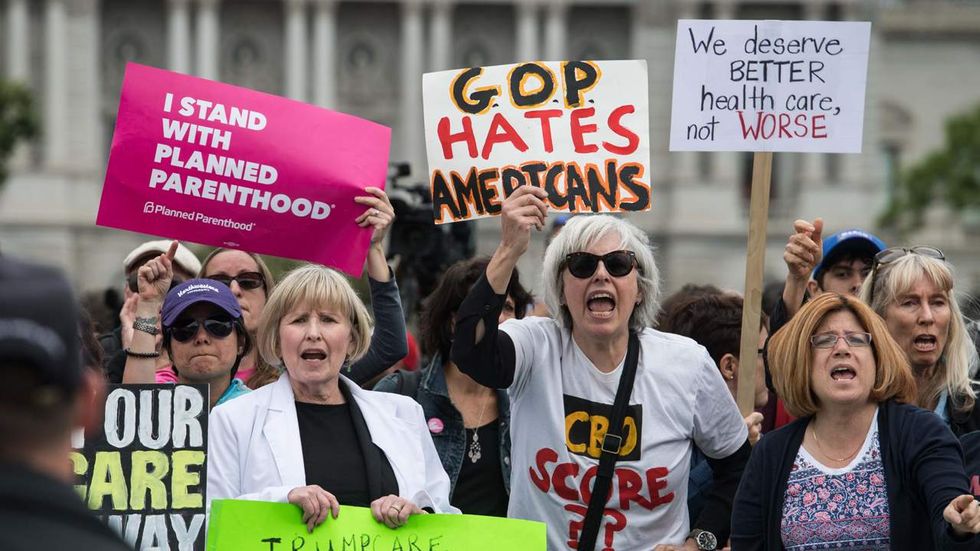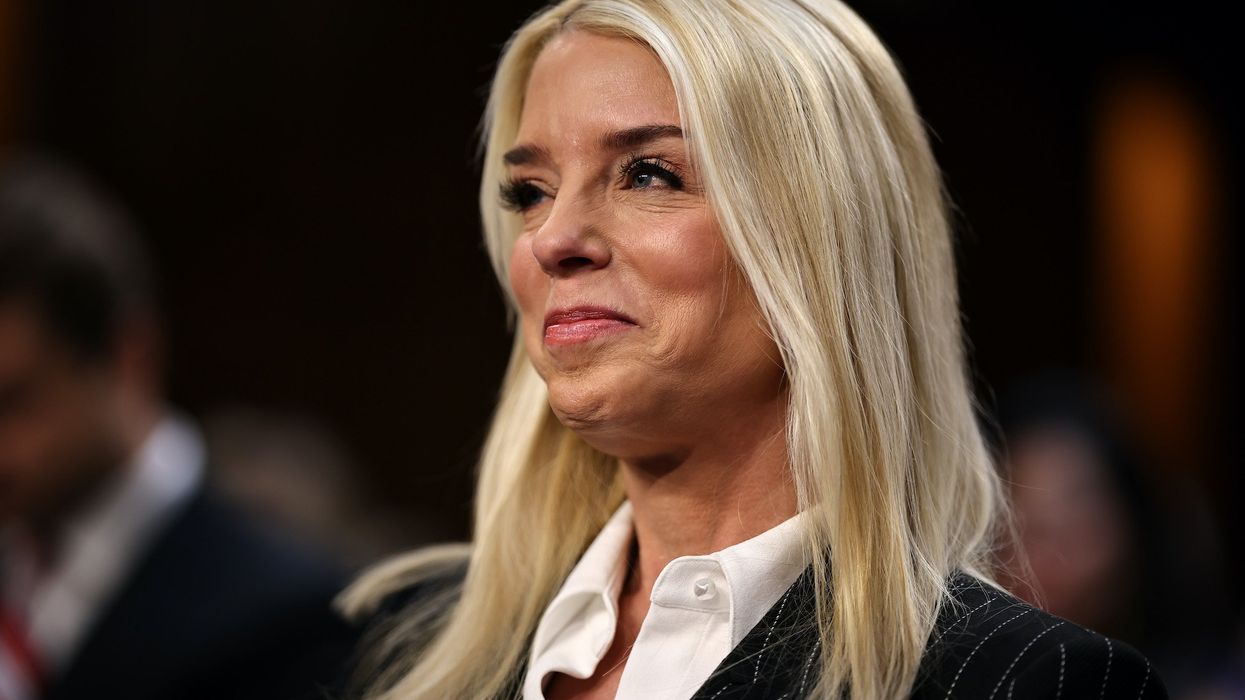Leaders of some of America’s largest cities have said they oppose the Better Care Reconciliation Act, the Senate leadership’s plan to replace Obamacare, and that they don’t want to be “stuck with the bill” when it comes to health care spending.
Under BCRA, federal funding for a variety of local health-care-related programs would be scaled back and the Medicaid expansion provisions contained in the Affordable Care Act — which require the federal government to pay for 90 percent of the costs associated with newly eligible enrollees, regardless of how many have signed up — would be rolled back, saving taxpayers $772 billion in Medicaid costs over the next decade compared to what spending is projected to be under current law.
Less federal funding means many cities and states would need to raise tax revenues, make spending cuts to other programs or limit existing programs to pay for health care services, a choice local leaders have no interest in making.
“This week, city leaders sent a clear message to Congress: You can’t fix the American health care system by sticking local governments with the bill,” said Matt Zone, a councilmember in Cleveland and the president of the National League of Cities. “The Better Care Reconciliation Act threatens the wellbeing of millions of Americans by reducing their access to health care — whether in our nation’s urban centers or throughout small-town America — leaving millions uninsured and decimating the programs that help families stay healthy in our communities.”
“If the federal government pulls back on its commitment to health care, the burden of providing care will fall to cities, counties, states and local providers,” Zone said in a written statement. “Neither local governments nor everyday Americans have the resources to absorb an unfunded mandate of this magnitude.”
Claims like these have been echoed by other city leaders across the country; they say that local governments, including state governments, don’t have the resources to pay for budget holes left behind by the Republicans’ health care bill.
However, conservative leaders have noted Medicaid does not provide high-quality coverage and is growing at an unsustainable rate. The federal government is now $20 trillion in debt, which means it doesn’t have the ability to continue paying for the massive growth in Medicaid costs that has occurred since Obamacare was first implemented in 2010. According to data provided by the Centers for Medicare and Medicaid Services, more than 16.7 million people have been added to Medicaid since September 2013, and more than 74 million people are currently enrolled across the United States.
If Medicaid rolls continue to expand over the next decade, drastic measures would be needed to make the program viable, regardless of who is footing the bill.



